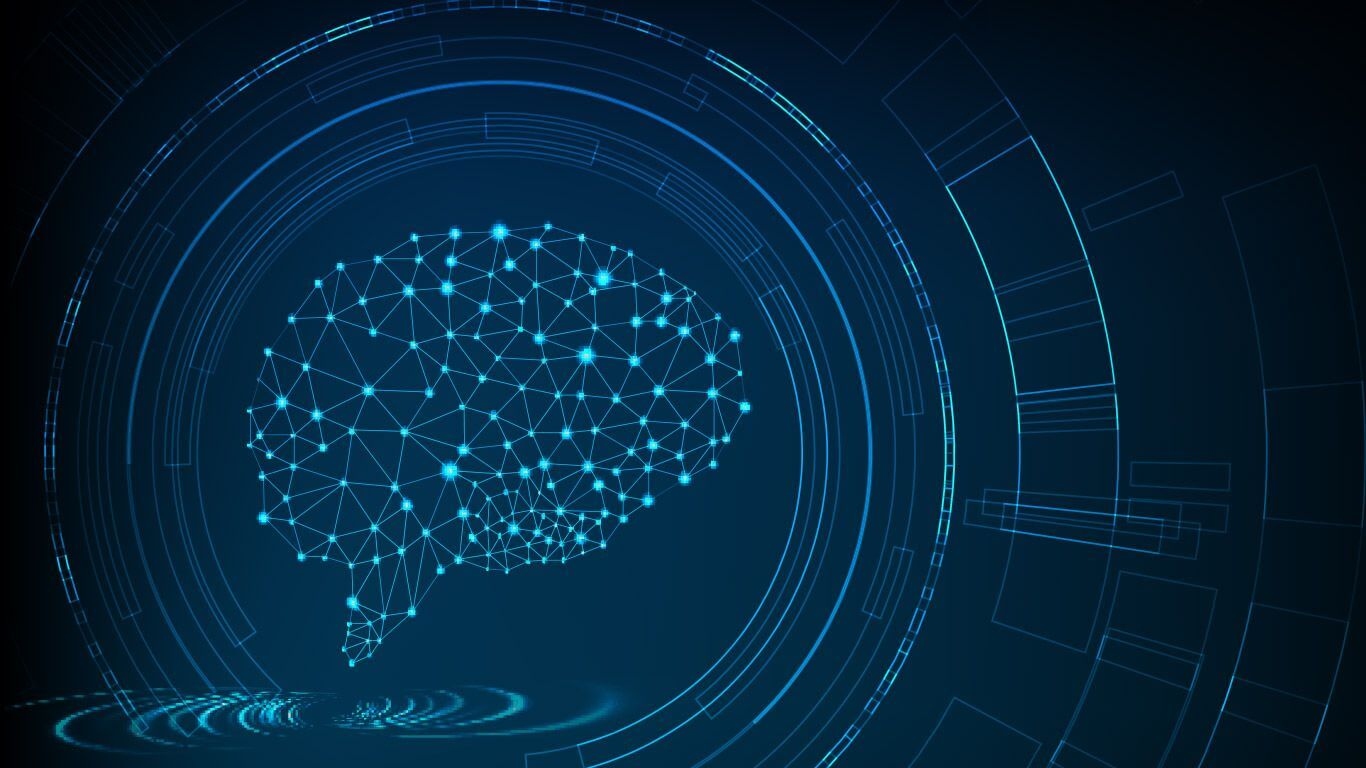
Unleaching the power of AI: Exploring ChatGPT and Ethical Implications
Introduction:
AI has redefined automation in cognitive tasks associated with human thinking. Decision-making, problem-solving, and learning – all given a facelift by AI technology. And ChatGPT is at the forefront of all these changes. This cutting-edge chatbot simulates human-like conversations with surprising accuracy.
This blog post explores the impact of AI on various domains, with a particular focus on the superior capabilities of ChatGPT. Discover how ChatGPT is revolutionizing the way we interact with computers, and how it’s paving the way for a more intelligent future.
The Rise of AI:
The rapid evolution of AI has been fueled by the proliferation of small, high-processing devices and the growth of the Internet of Things. Coupled with the emergence of big data and sophisticated mathematical models, this convergence has given birth to machine learning and a data-driven culture.
Now computers can surpass human brains, uncovering hidden relationships once impossible for us to comprehend. It’s an exciting era where technology is rapidly advancing and changing how we learn and grow.
Data-Driven Decision-Making:
Data-driven decision-making has become a valuable competitive edge in today’s business world. Companies are using data to extract valuable insights that lead to better decisions. Data science and analytics professionals employ AI and ML to accomplish this. Furthermore, there is a growing interest in developing more advanced, data-driven AI and ML methods.
ChatGPT: The Human-Like Chatbot:
ChatGPT is an outstanding chatbot that emulates human-like conversation, making use of natural language queries and a vast knowledge base. It excels in tasks that are typical of human intelligence, such as composing songs, poems, and even artwork. With the ability to deliver detailed and articulate responses across a range of knowledge domains, ChatGPT utilizes language models and has undergone fine-tuning through supervised and reinforcement learning techniques. This approach referred to as transfer learning, ensures ChatGPT’s proficiency, making it the best in its class.
Benefits and Concerns:
The use of ChatGPT and similar technologies can bring many benefits. These tools can boost daily productivity by aiding with concept comprehension, summarization, and optimization through algorithmic recommendations. However, the widespread integration of AI raises valid ethical concerns. Machine-generated content may exclude the critical learning systems intrinsic to human intelligence, hindering innovation. Additionally, there is potential for misinformation, fake news, plagiarism, or biased output. These concerns are even more prominent in associative systems like ChatGPT, which lack reliable data governance.
Augmenting Human Intelligence:
The purpose of AI development is to improve and upgrade human intelligence. Powerful technologies like ChatGPT offer numerous benefits, but we must also consider the ethical implications. For instance, in ancient Greece, oracles’ influence on politics often caused conflicts and wars. Reflecting on the wider implications and responsibilities that accompany AI is of utmost importance.
ChatGPT in Scientific Research:
ChatGPT proves to be an efficient assistant in scientific research, yet an important question arises: Who owns the research it generates? This inquiry kindles a broader discussion on AI’s role in scientific pursuits and the ethical dilemmas encompassing authorship and intellectual property.
Conclusion:
ChatGPT is just one example of how, Artificial Intelligence (AI) has revolutionized automation and human-like conversations. But with great power comes great responsibility and it’s critical to acknowledge the ethical considerations that come with it.
To gain the benefits of AI, while avoiding its ethical implications, striking a balance is crucial. As we navigate this evolving field, it’s imperative to exercise caution. Our aim should be harnessing the power of AI in a way that complements and amplifies human intelligence rather than replacing it entirely.

